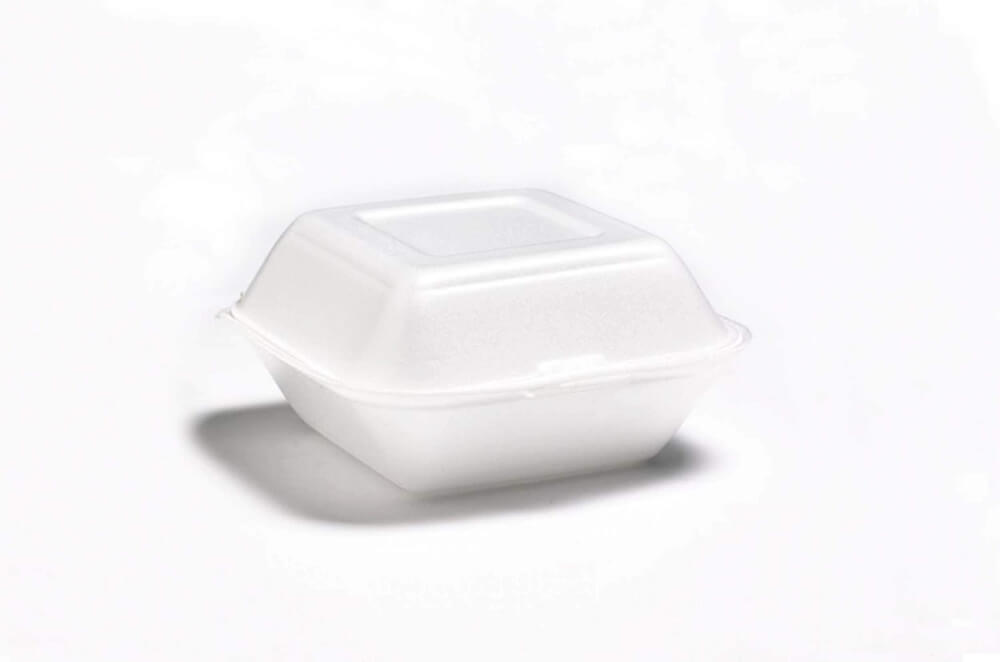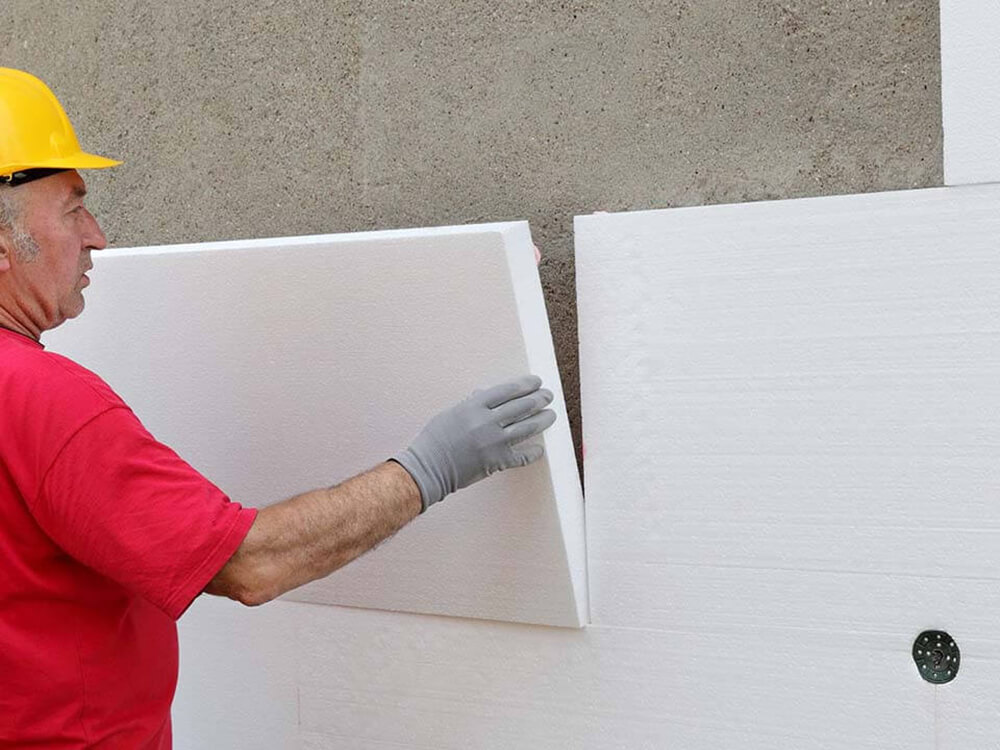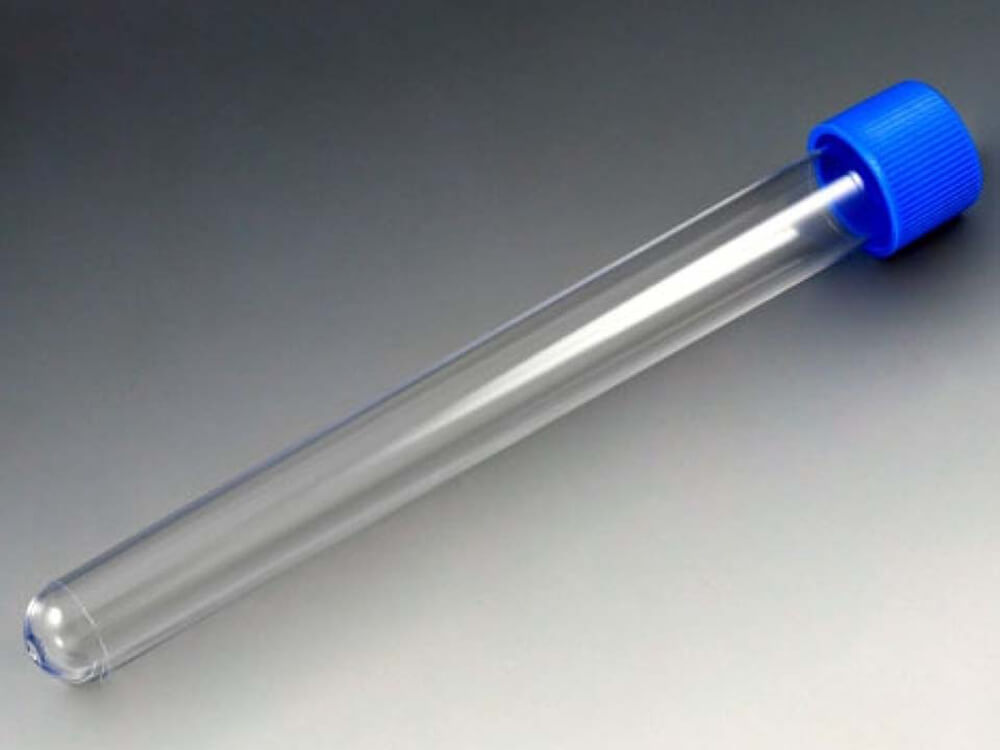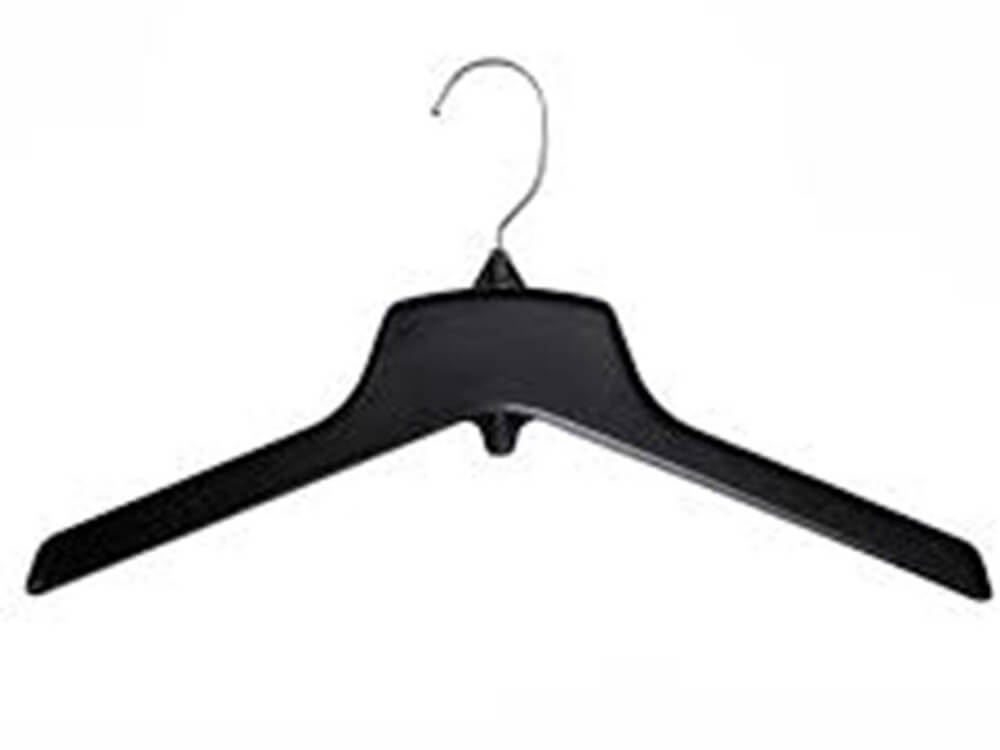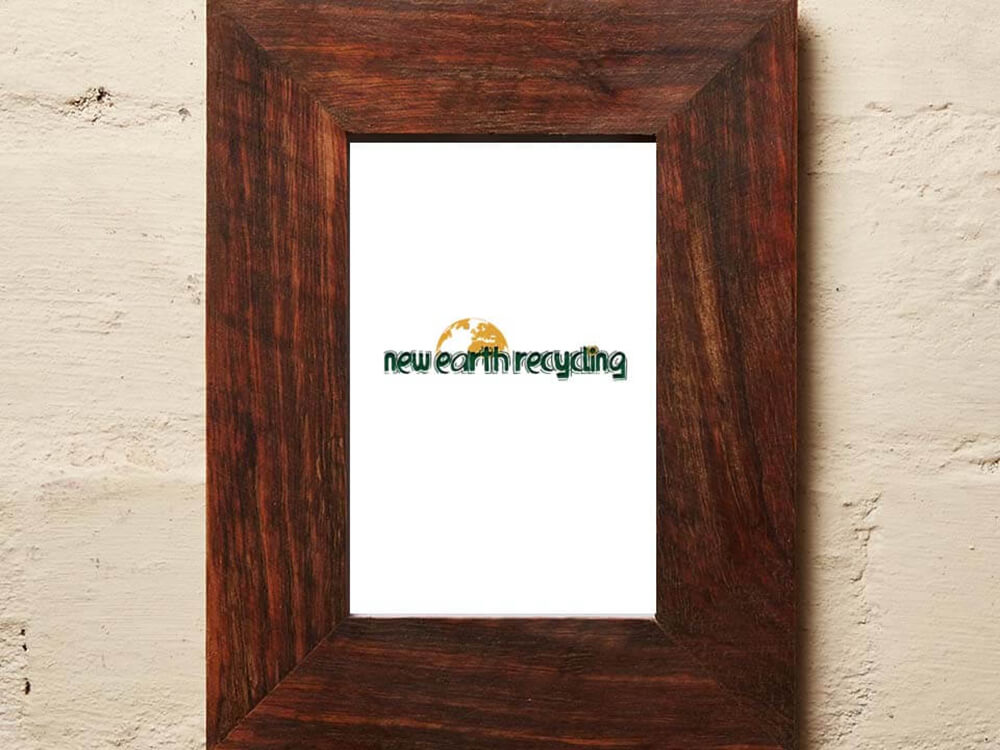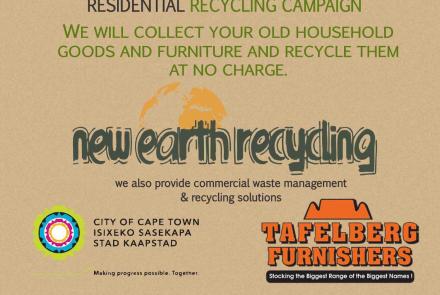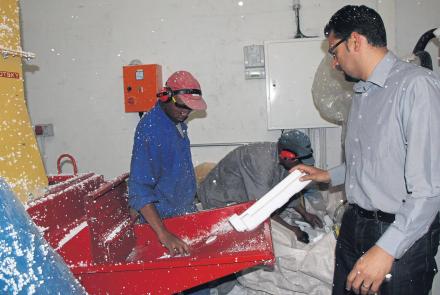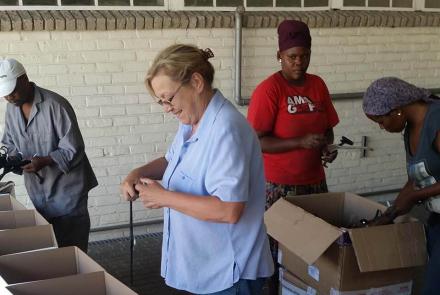Polystyrene (#6) Awareness
Polystyrene gets the job done. Polystyrene is extremely versatile. Polystyrene is 100% recyclable and forms part of the waste recovery value chain in South Africa. Polystyrene loose fill (“peanuts”) is one of the most commonly used reused packaging materials in the industry. When a product is packaged in polystyrene, only 4% of the total shipped weight is the packaging allowing for 96% product weight.
The two forms of polystyrene packaging we offer are:
1. Expanded Polystyrene (#6) (EPS)
This packaging material is used to make cups, bowls, plates, trays, clamshells, meat trays and egg cartons as well as protective packaging for the shipping of electronics and other fragile items.
2. High Impact Polystyrene (#6) (PS/HIPS)
This is a clear, general-purpose polystyrene that is used in products such as cutlery, yogurt and cottage cheese containers, cups, clear salad containers, television sets, computer casings, CD boxes and makeup containers.
Polystyrene is Recycled into Various Products
Polystyrene can be recycled up to 20 times without incurring any damage to its physical properties. In our recycling processes, we are able to reduce the volume of polystyrene by a factor of 50 thereby making it a viable and sustainable product to recycle.
In South Africa, polystyrene is recycled into various products including, for example: picture frames, coat hangers, seedling trays, cornices, skirtings, outdoor furniture, poles, and decking. Polystyrene is also used in the construction industry. To make up an A4 size certificate frame in a moulding that is 30mm wide, it would take the equivalent amount of polystyrene contained in 45 meat trays or 41 hamburger clamshells or 18 half-litre yogurt cups.
Polystyrene: the Smart, Sustainable Solution
Only about 4% of expanded polystyrene foam packaging is polystyrene, the rest is air. Polystyrene is the ideal material for protecting sensitive products during transport and storage.
Safety without Compromise
Polystyrene protects food from bacteria and moisture thereby guaranteeing quality, a longer shelf-life and preventing the spread of disease.
Styrene, the monomer that polystyrene is manufactured from, is a non-toxic natural product found in many foodstuffs including strawberries, beans, wine and coffee beans.
Extensive research has proven that styrene is perfectly safe for use in packaging foodstuffs.
Polystyrene packaging can come into direct contact with food as it is completely sterile and meets all the prevailing European Union food safety standards.
Polystyrene offers excellent chemical resistance which allows many products to be packed without the goods being affected by coming into contact with the material.
Everyday Convenience
With today’s busy lifestyle, it is good to know that polystyrene offers an economical and high-quality food packaging option.
Polystyrene does not absorb water or vapour, so your fresh food stays fresher longer with less need for preservatives.
Polystyrene offers excellent insulation properties and keeps hot drinks hot and cold drinks cold for extended periods.
When packed in polystyrene, fruits and vegetables retain their Vitamins C content for longer.
Polystyrene protects its contents and maintains its strength and shape thus reducing food waste due to spoilage or leakage resulting from damage to packaging.
Multiple Environmental Benefits
Polystyrene is a lightweight material that provides savings in fuel consumption thus reducing the environmental impact of transporting products.
All packaging leaves an environmental footprint regardless of material type, but polystyrene packaging requires the least energy and resources to manufacture.
In South Africa, where electricity is scarce, it’s good to know that the amount of electricity used to make polystyrene is insignificant.
Polystyrene does not damage the ozone layer since it does not use CFCs (chlorofluorocarbons) in the manufacturing process.
Polystyrene is only a by-product of oil conversion – no oil is drilled simply to produce polystyrene. How to Clean your Polystyrene Remove all paper, foil and contaminants when separating the product at source.

